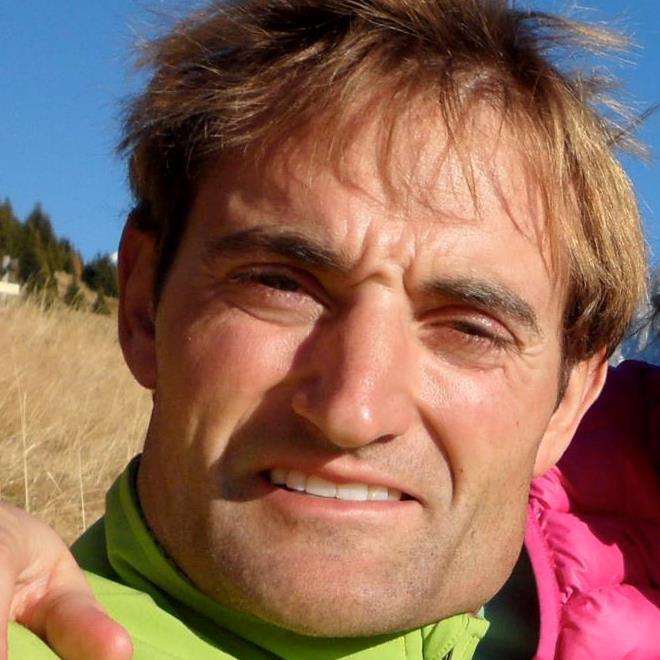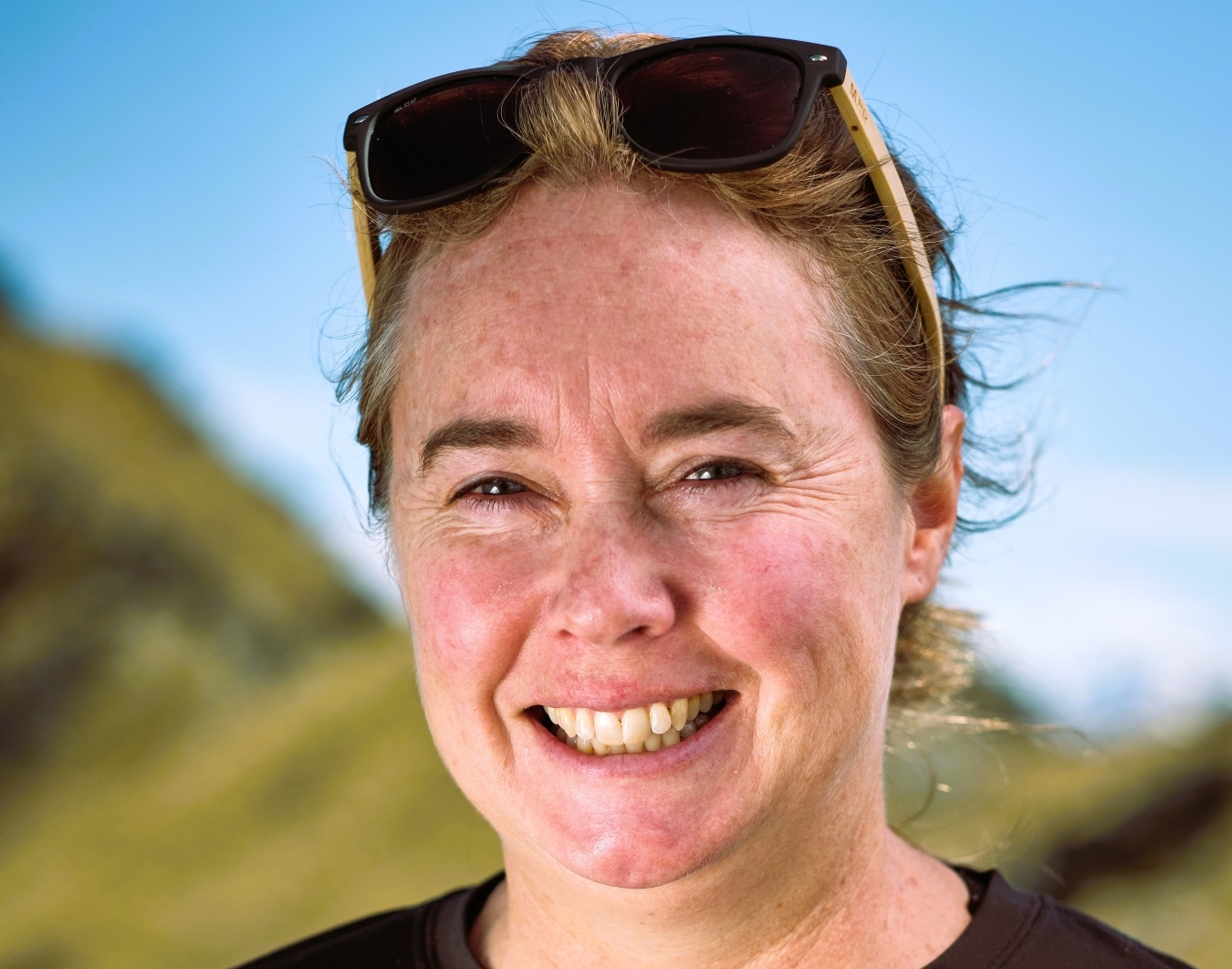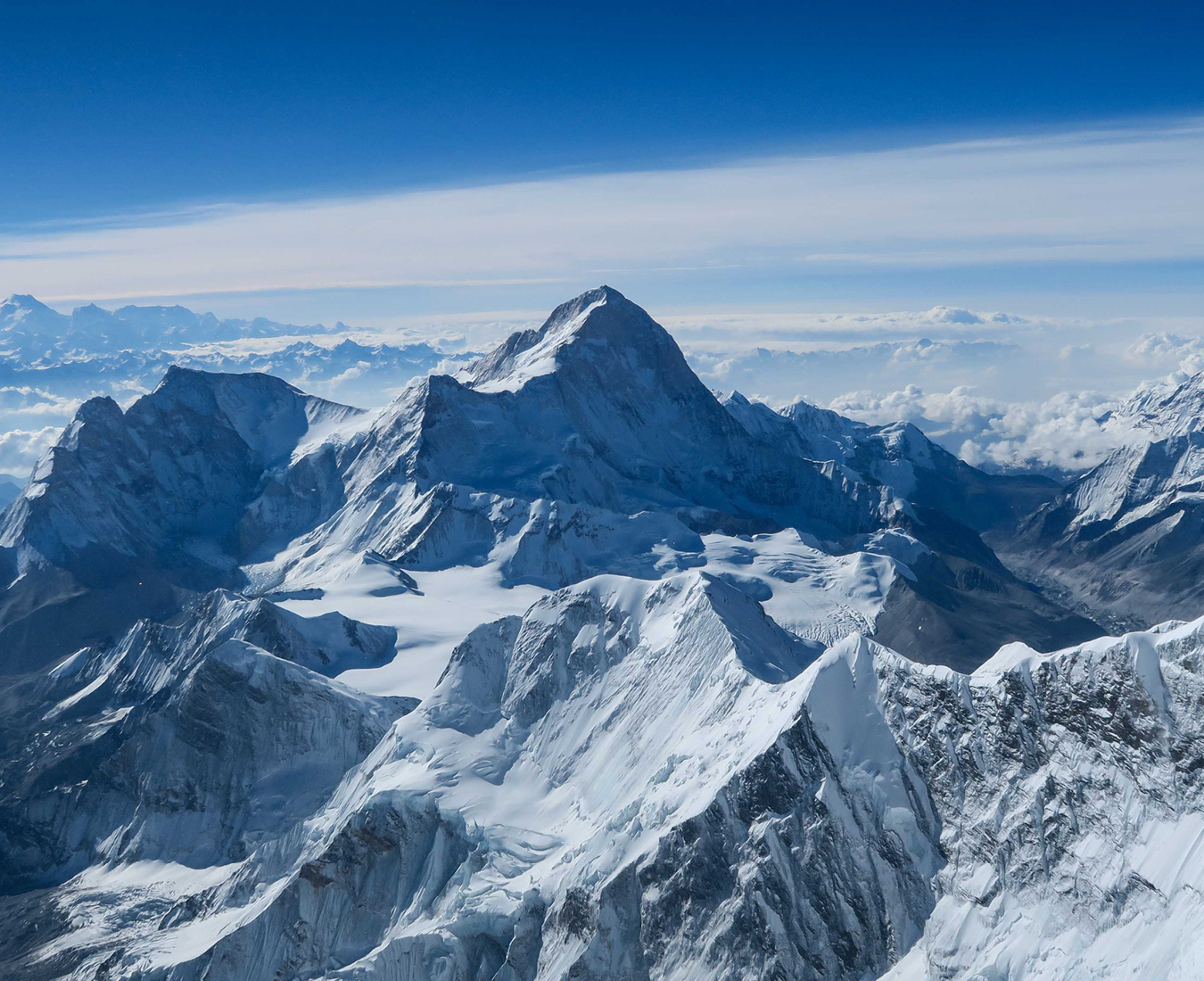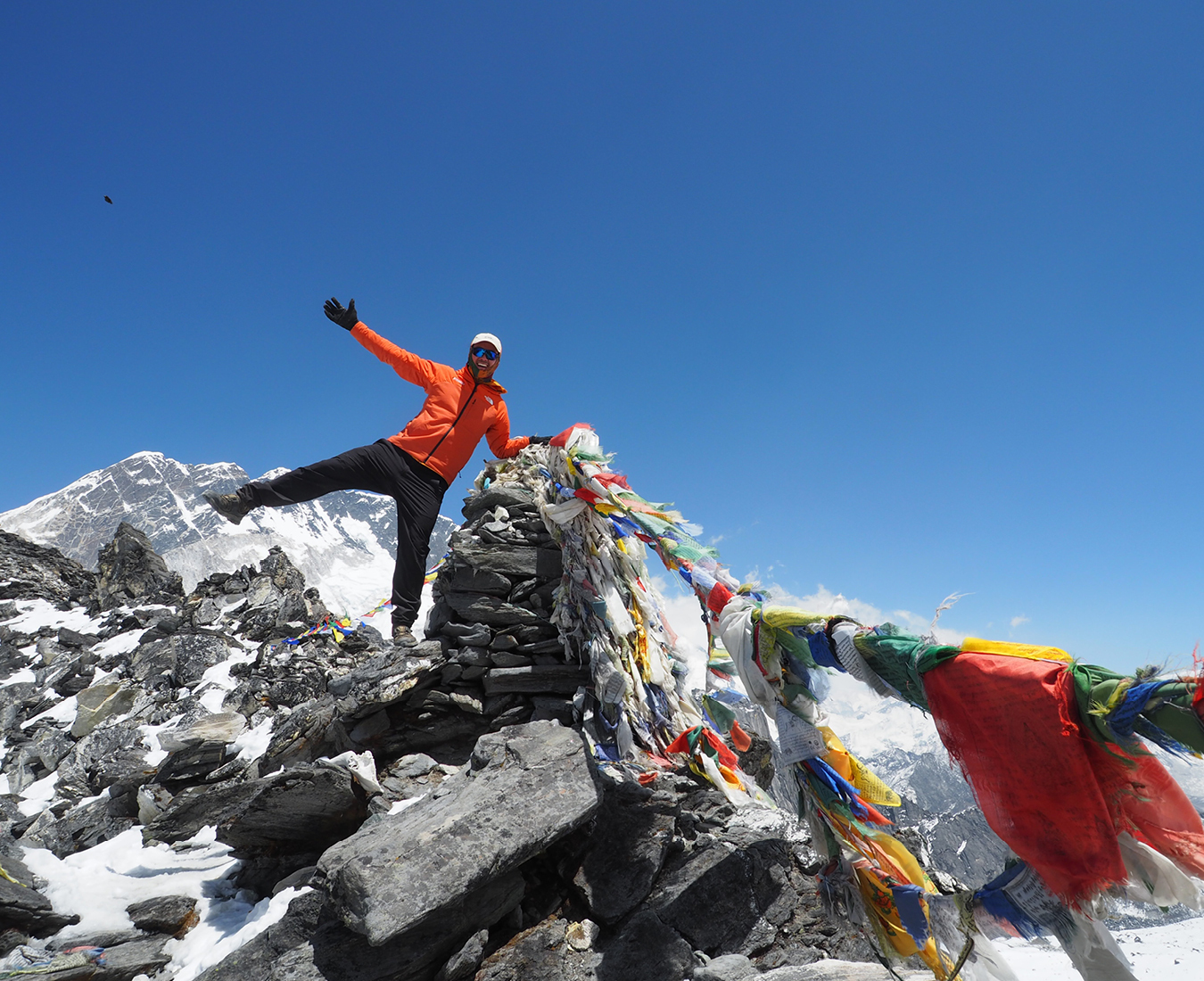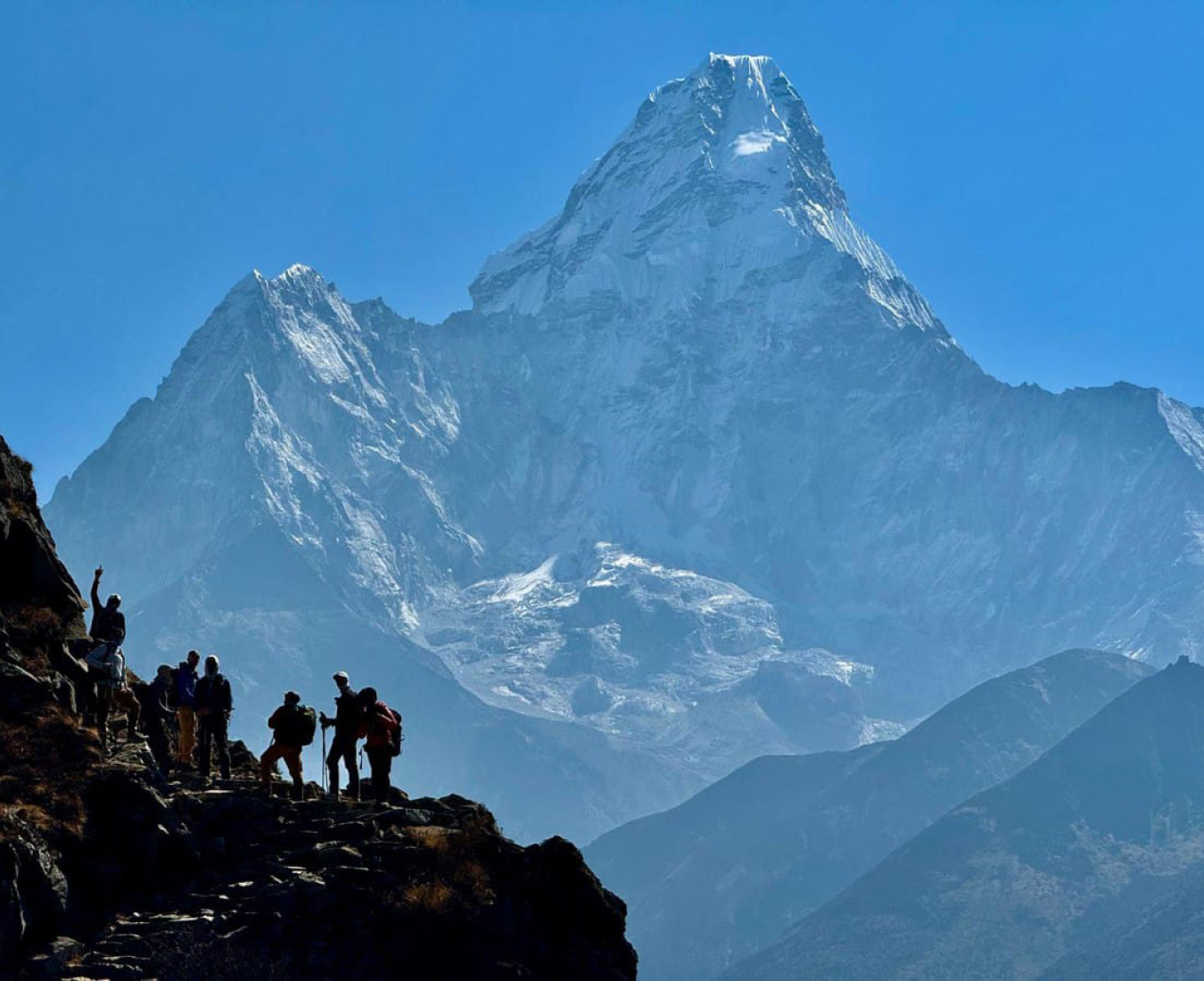To make the most of your climbing experience we encourage you to work on your fitness before the trip. You will find that training on hills with a +10kg pack is the best preparation for the mountains, to build your endurance. We recommend training programmes tailored to mountaineering such as those from Uphill Athlete.
Our Private Instruction Courses are the most flexible mountaineering program available, where you can outline the type of skills you would like to achieve in line with your future climbing objectives.
The course can be structured to prepare you for ascents of Europe’s classic peaks through to joining one of our high altitude climbing expeditions. No matter what level you are at now, our courses will provide you with the most current and essential mountaineering skills that will enhance your ability levels and enable you to take your climbing to the next level.
This is one of our most popular course options as it allows you to design your own course content and itinerary. The European Alps also offers a diverse range of climbing opportunities across a wide range of climbing styles. The peaks are very accessible and supported by a superb lift and hut system that enable you fast access to superb climbing venues.
Join as an individual for 1:1 personalised instruction, or with a like-minded companion for 1:2 instruction. We will work with you to design an appropriate and stimulating course format with a specialist guide in that field, whether you aspire to further your skill base through a course in a specific discipline such as high alpine climbing, or you require individual attention from your guide to develop skills at your own pace. The overwhelming response from past course participants is that they have enjoyed dramatic improvements in their climbing standards, as they can focus specifically on their own needs.
- Select dates and duration to suit your timeframe
- Focus on the skills you want to develop
- Participate with a friend or by yourself
Course Level
Course Level
Any
Elevation
Elevation
Varied
Duration
Duration
5, 6, or 7 days
Location
Location
Chamonix, France
Our objective is to pass on the skills, which have made us successful in our own international climbing careers. The most important attributes being the following.
- - A solid climbing standard and mountain awareness
- - Sound judgement of your own ability
- - Good planning and preparation skills
- - Good decision making
You tell us what you want to do on the course! With our private instruction courses the choice is yours. You may deem that the course focus primarily on an aspect of climbing that you most want to gain instruction so you can increase your skill set in that area. Alternatively you can follow a standard training curriculum as would be covered in the Introductory, Intermediate or Advanced courses.
On the Private Instruction Course you can select the skills you want to focus upon such as those below:
- - Snow-craft and ice-craft
- - Mountain first aid and health
- - Rope skills applicable to alpine climbing
- - Rescue techniques & Emergency shelters
- - Camp Management
- - Glacier travel and self-rescue skills
- - Route finding and navigation
- - Weather analysis
- - Rock climbing
- - Ice climbing
- - Alpine rock climbing skills
- - Preparation for high altitude expedition climbing

Departures and Pricing
| Start/End | Departing from | Quantity | Pricing | Notes | Book |
|---|---|---|---|---|---|
| Jan - Dec 2024 | Chamonix, France | 1:1 guide to climber ratio 5 days | €4,480 EUR $ | Book Now | |
| Jan - Dec 2024 | Chamonix, France | 1:1 guide to climber ratio 6 days | €5,180 EUR $ | Book Now | |
| Jan - Dec 2024 | Chamonix, France | 1:1 guide to climber ratio 7 days | €6,040 EUR $ | Book Now | |
| Jan - Dec 2024 | Chamonix, France | 1:2 guide to climber ratio 5 days | €2,590 EUR $ | Book Now | |
| Jan - Dec 2024 | Chamonix, France | 1:2 guide to climber ratio 6 days | €2,980 EUR $ | Book Now | |
| Jan - Dec 2024 | Chamonix, France | 1:2 guide to climber ratio 7 days | €3,440 EUR $ | Book Now |
Looking to focus just on climbing peaks? Check out Europe Ascents Week
PREPARE
These courses are not just for those new to climbing - for the seasoned climber, these courses offer the facility to up-skill yourself in your chosen field from one of our specialist professional guides.
You may have the opportunity to develop additional skills before the course commences. Rope skills can be learned through local alpine clubs or climbing gyms. Previous rock or alpine climbing experience will allow you to gain even more from the course.

We offer focused guide attention to ensure consistency across the program. Whilst other operators combine you with large groups on training days we know your safety will be better protected and the learning progressions will be enhanced with the attentive care of your guide and smaller guide to climber ratios.
Adventure Consultants guides are BMG/NZMGA and / or IFMGA-UIAGM qualified mountain guides. They are professional mountaineers and operate to the highest industry standards. Being a technically proficient climber alone is not enough to work with us; our standards demand that trip leaders are great guides as well. You will find your guide friendly, approachable and focused on providing a safe and enjoyable trip in line with your objectives and comfort level.
Success with the highest margin of care is always a hallmark of our approach; promoting the realisation that even extreme pursuits such as high altitude mountaineering can be undertaken safely.
Adventure Consultants only employs IFMGA qualified guides for European ascents and courses and this is the only certification that is recognised in the French Alps. In order to gain these qualifications guides must undergo rigorous training and assessment on climbing skills, instructional skills, avalanche training and assessment, wilderness first aid, rescue training and much more. The qualification takes many years to attain and ensures you are getting a world class professional service.

- Qualified mountain guide
- Group technical equipment
- Lift passes as per the scheduled itinerary
- Hut accommodation as per the scheduled itinerary
- Hotel accommodation on a B&B basis during trip dates as specified on the schedule, including first / last night of your trip
- Local ground transport as per the scheduled itinerary
- Breakfast & dinner during mountain component of course/trip.



